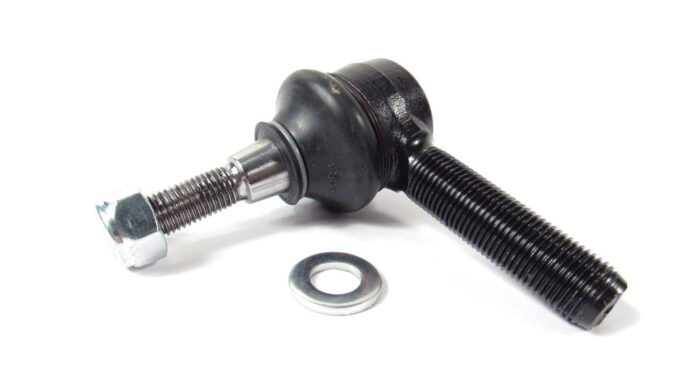Vehicle maintenance is critical to the long-term health and efficiency of vehicles. Ignoring vehicle maintenance may lead to expensive maintenance costs, or even complete vehicle failure, which may cause danger and damage to your daily life.By the way, for changing new car parts, please visit Chinese Factory Sales Ball Joint and choose what you want.

Here Are Some Reasons Why Car Maintenance Is Important
Safety: Regular maintenance ensures that your car is in good working condition, reducing the risk of accidents due to mechanical failure.
Cost-saving: Regular maintenance can help prevent major problems from occurring and detect minor issues before they become big problems, saving you money on expensive repairs in the long run.
Improved Performance: Regular maintenance ensures that your vehicle is running at peak performance, providing better fuel efficiency, smoother driving, and overall better handling.
Resale value: If you plan to sell your vehicle in the future, keeping up with maintenance can help maintain the resale value of the car.
Environmental impact: A well-maintained vehicle is better for the environment as it produces less emissions and uses less fuel.
In summary, regular car maintenance is essential for the safety, performance, and longevity of your vehicle, as well as for cost-saving and environmental benefits.
How To Maintain Car?
Maintaining your car is essential to ensure its optimal performance, longevity, and safety. Here are some steps to follow to keep your car in good shape:
Follow the manufacturer’s recommended maintenance schedule: Your car’s manufacturer provides a recommended maintenance schedule, which typically includes oil changes, filter replacements, tire rotations, and other crucial tasks. Following this schedule is essential to keep your car running smoothly.
Check and change fluids regularly:
Your car has several fluids that need regular checking and changing, such as engine oil, transmission fluid, brake fluid, and coolant. Follow the recommended schedule and check these fluids regularly to ensure that they are at the right level and are not contaminated.
Keep your tires in good condition:
Your car’s tires are crucial for your safety and the vehicle’s performance. Check the tire pressure regularly, and ensure that they are inflated to the recommended level. Also, inspect the tires for signs of wear and replace them if needed.
Keep your car clean:
Regularly washing your car, including the undercarriage, helps remove dirt, debris, and salt buildup, which can cause rust and corrosion.
Check your brakes:
Your car’s brakes are crucial for your safety, so you should have them checked regularly by a professional mechanic.
Address any issues promptly:
If you notice any unusual sounds or issues with your car, address them promptly. Ignoring problems can lead to more severe damage and costlier repairs in the long run.
Drive responsibly:
Your driving habits can affect your car’s longevity and performance. Avoid aggressive driving, take turns carefully, and avoid overloading the car, which can put stress on its parts and systems.